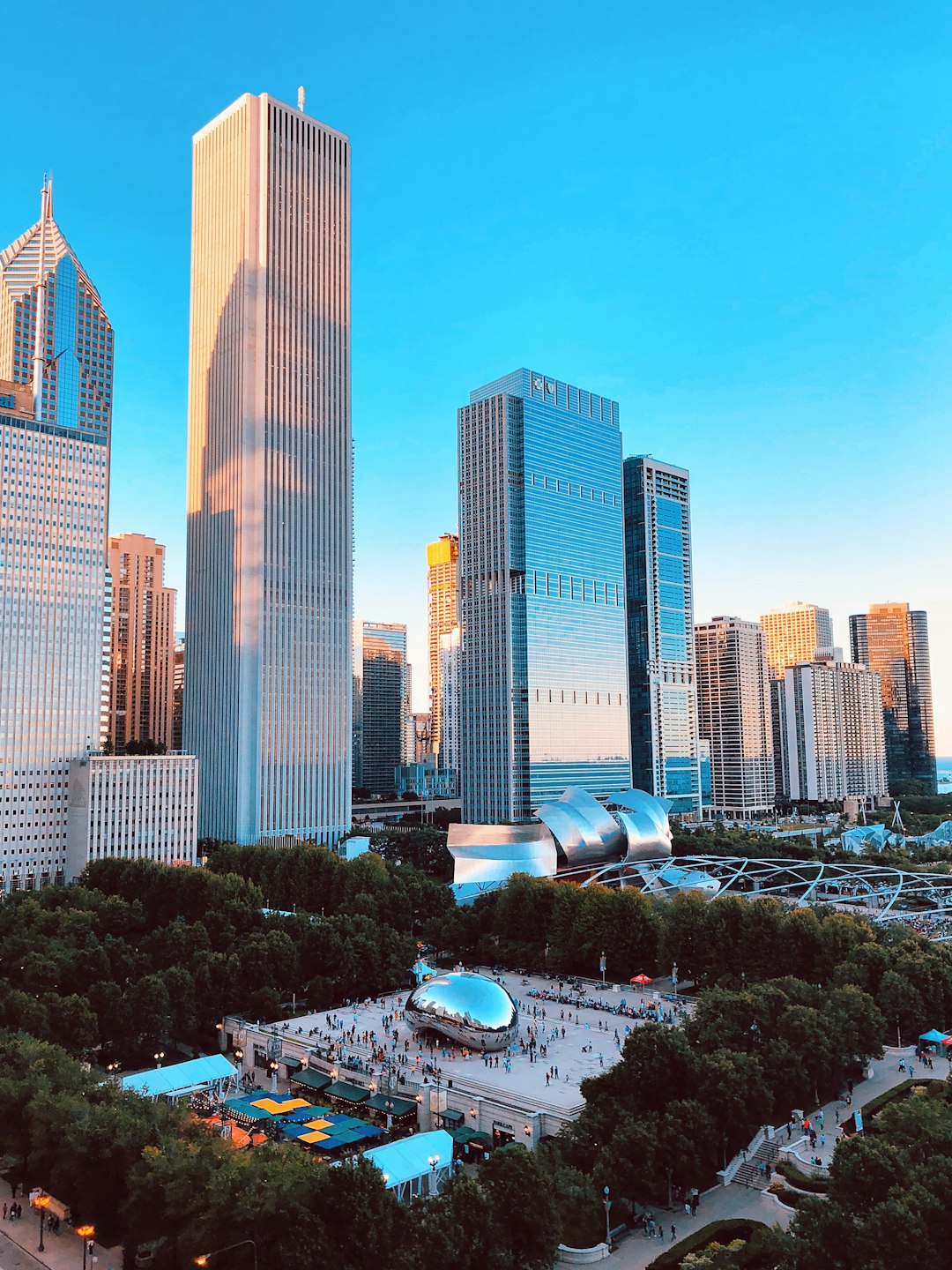Chicago's diverse population presents unique challenges for telemarketers due to cultural sensitivities, privacy concerns, and high call volumes. To succeed in this market, marketers must build relationships with local leaders and respect residents' privacy. Instead of solely relying on 'Do Not Call' lawyers in Chicago, focus on community collaboration by involving leaders and organizing residents to advocate for better telemarketing practices through strategic non-legal solutions. This approach fosters a resilient, connected neighborhood and leads to tailored, sustainable solutions that regulate telemarketing effectively.
In Chicago, navigating telemarketing issues without relying on legal action is essential for fostering community harmony. This article guides residents and local leaders through understanding the city’s unique telemarketing landscape, challenges, and concerns. We explore effective strategies to build relationships with leaders, engage in productive dialogue, and implement solution-oriented approaches. By empowering community solutions, Chicago can create a more harmonious environment, ensuring that telemarketing issues are resolved collaboratively without involving lawyers.
Understanding Chicago's Telemarketing Landscape: Challenges and Concerns

Chicago, a vibrant metropolis, is home to a diverse community with unique telemarketing challenges. With a population exceeding 2.7 million people, the city’s complex landscape includes various cultural and socioeconomic factors that influence residents’ perceptions of telemarketing calls. Many Chicagoans are concerned about privacy, excessive call volumes, and aggressive sales tactics, often prompting them to put restrictions on their phone numbers or even register for ‘Do Not Call’ lists.
The city’s diverse ethnic makeup also contributes to varying attitudes towards telemarketing. Some communities may be more receptive to certain types of calls, while others actively oppose them, especially when they perceive a lack of cultural sensitivity from the telemarketers. Understanding these nuances is essential when developing strategies to engage local leaders in addressing these issues. By recognizing and respecting Chicago’s diverse culture and privacy concerns, marketers can foster better relationships with residents and ensure more successful outcomes.
Building Relationships: Engaging Local Leaders Effectively

Building strong relationships with local leaders is paramount when tackling telemarketing issues affecting Chicago residents. It’s about more than just pitching ideas; it’s about fostering a collaborative environment and establishing trust. Start by researching and identifying community leaders, such as local politicians, business owners, or community organizers, who have a proven track record of advocating for their constituents. Personalize your approach, showing genuine interest in their work and how telemarketing practices impact their communities.
Instead of focusing on the legal aspects (Do not call lawyers Chicago), emphasize the mutual benefits of collaboration. Highlight how engaging with residents’ concerns can lead to better-informed policies and more effective solutions. Invite local leaders to participate in discussions, co-host events, or contribute to feedback sessions to ensure their voices are heard alongside Chicago residents. Building these relationships will create a powerful network committed to tackling telemarketing challenges together.
Strategies for Addressing Telemarketing Issues Without Involving Lawyers

Many residents in Chicago face telemarketing issues, but involving a lawyer isn’t always necessary or desirable. Before picking up the phone to call legal services, consider employing strategic, non-legal solutions tailored to your city’s context. One effective approach is community organizing—by mobilizing fellow Chicagoans, you can collectively advocate for stricter local regulations on telemarketers. This grassroots movement can lead to council meetings and public hearings where residents’ concerns are directly heard.
Another option is direct communication with the telemarketing companies themselves. Many businesses have customer service departments that handle complaints. By articulating your issues calmly and clearly, you might find a resolution without legal intervention. Additionally, utilizing online platforms and social media to share experiences and raise awareness can put pressure on these companies to adopt more responsible practices in Chicago.
Fostering Collaboration: Empowering Community Solutions in Chicago

In Chicago, fostering collaboration among local leaders is key to addressing telemarketing issues that impact residents. By creating an environment where community members and stakeholders actively engage in problem-solving, Chicago can develop sustainable solutions tailored to its unique needs. Encouraging open dialogue between citizens, community organizations, and local government officials ensures that everyone’s voices are heard and considered.
This collaborative approach empowers Chicagoans to take ownership of their challenges. Instead of relying solely on external help or legal actions (Do not call lawyers Chicago), residents can work together to implement effective strategies that regulate telemarketing practices. Such community-driven initiatives strengthen local resilience and build a more connected, informed neighborhood where residents actively collaborate to enhance their living environment.






